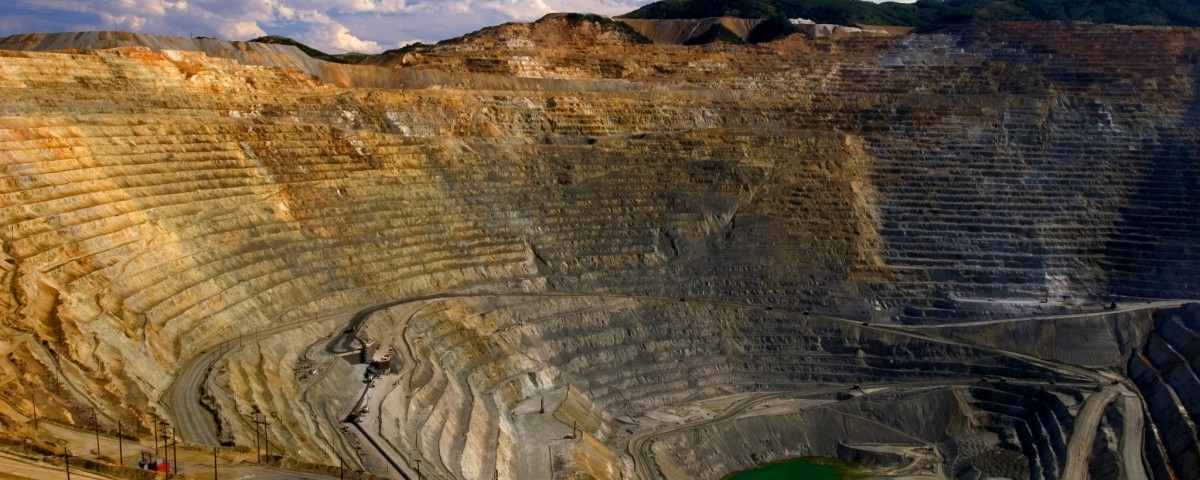Copper Prices Buoyed by Miner Cutbacks

Mining sector in turmoil
December 13, 2015
The world’s 10 highest mines
December 19, 2015
Base-metal producers taking steps to shore up supply, demand fundamentals after dismal year.
A worker monitors a process inside the plant at the copper refinery of Codelco Ventanas in Ventanas city, northwest of Santiago, Chile. Copper has lost almost 27% of its value this year as surplus supply has weighed on prices. PHOTO:
Copper prices edged up Wednesday as the drumbeat of cutbacks by base-metal producers continued.
Copper prices rose 0.6% to $2.066 a pound on the Comex division of the New York Mercantile Exchange, building on Tuesday’s marginal gain. Copper prices have sunk nearly 27% this year as economic growth has dimmed in China, the world’s largest buyer of the metal, which is often looked to as a barometer of global economic health.
Base-metal producers have begun taking steps to shore up supply and demand fundamentals after a dismal year. Anglo-American PLC said Tuesday it would restructure operations, and Freeport-McMorRan Inc. on Wednesday followed suit, saying it would reduce capital spending by $1 billion in the next two years. Glencore PLC and other miners have made similar moves as prices have tumbled.
The companies’ moves may signal to investors in the $7 billion copper market that steps are being taken now will eventually restore balance to supply-and-demand fundamentals—particularly if they lead to mergers that reduce the number of mining conglomerates operating in the world.
“If there is going to be a contraction in the number of mining companies, that almost invariably will result in curtailments of production,” said Michael Turek, head of base metals at brokerage BGC Partners in New York.
Meanwhile, the market was also boosted by higher-than-expected Chinese inflation data. China’s National Bureau of Statistics reported Wednesday that consumer-price index rose 1.5% in November from a year earlier, an increase from its 1.3% rise in October. The higher inflation rate is considered a positive sign for China’s economic growth, which has been flagging.
The numbers exceeded the median 1.4% gain forecast by 14 economists in a survey by The Wall Street Journal.
“Trade data yesterday on the whole wasn’t too positive but we’ve seen some pick up from Chinese inflation data,” said Kash Kamal, a senior analyst at Sucden Financial in London.
“There is a bit of bargain hunting but there is no real material news to trigger” a big move higher, he added.
The inflation numbers follow a string of weaker-than-expected economic data out of China in recent months. The country consumes about 45% of the global copper supply.
Source: www.wsj.com


